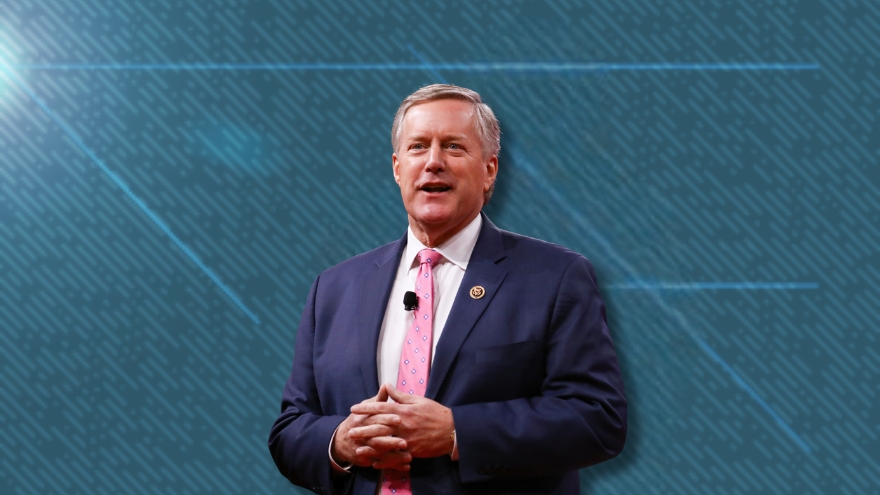Former White House Chief of Staff Mark Meadows, who served in the Trump administration, has fired paperwork with a federal court in Georgia seeking to transfer his state prosecution to the federal court.
Meadows is one of 19 defendants charged following a multi-year investigation by Fulton County District Attorney Fani Willis, who was investigating alleged efforts to overturn the 2020 election results.
The sprawling 98-page indictment outlines the charges against Meadows, former President Donald Trump, and others who prosecutors allege “knowingly and willfully joined a conspiracy to unlawfully change the outcome of the election in favor of Trump.”
Willis is charging all 19 individuals under the Racketeer Influenced and Corrupt Organizations (RICO) Act, which is often reserved for going after criminal organizations like gangs and the mafia.
Meadows is charged with two felony counts — one for a RICO violation, and the other for soliciting a public official to violate their oath of office.
In a legal filing submitted to the U.S. District Court for the Northern District of Georgia on Aug. 15, Meadows’ legal team petitioned to have the case moved from state court to federal court.
Lawyers for Meadows say that the charges brought by Georgia officials violate the Supremacy Clause of the U.S. Constitution, which protects federal officials from state prosecutions while acting in an official capacity.
The Supremacy Clause establishes that the U.S. Constitution takes precedence over state laws and state constitutions, while also prohibiting states from interference in the federal government’s exercise of its constitutional powers, and from assuming functions exclusively entrusted to the federal government.
“Nothing Mr. Meadows is alleged in the indictment to have done is criminal per se: arranging Oval Office meetings, contacting state officials on the President’s behalf, visiting a state government building, and setting up a phone call for the President,” the filing states. “One would expect a Chief of Staff to the President of the United States to do these sorts of things.”
His attorneys added, “This is precisely the kind of state interference in a federal official’s duties that the Supremacy Clause of the U.S. Constitution prohibits, and that the removal statute shields against.”
